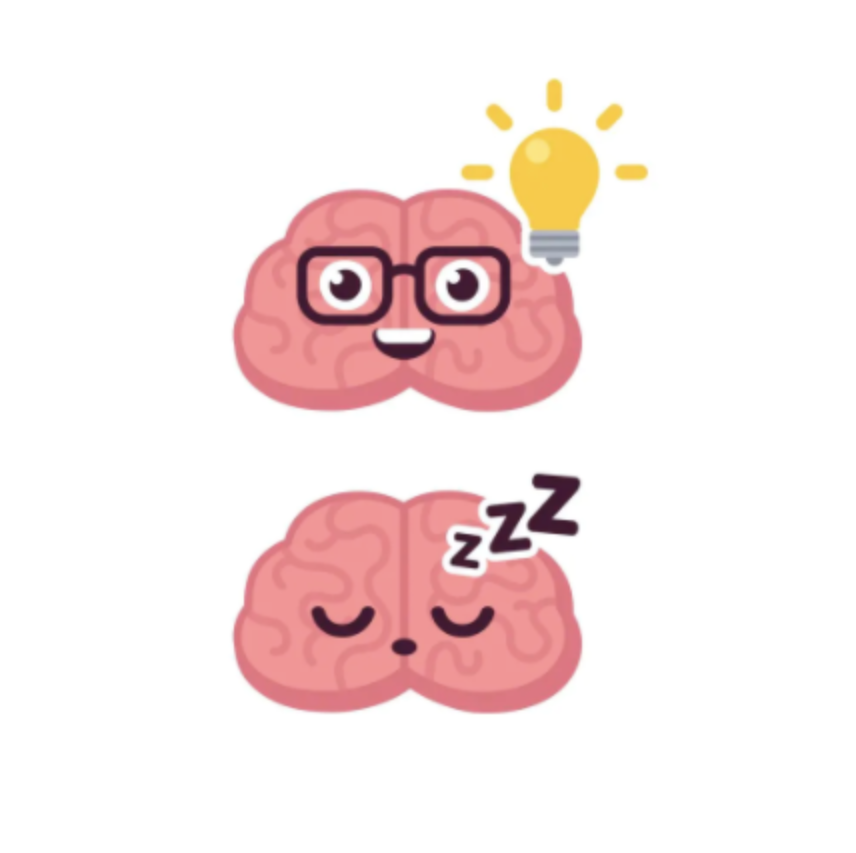How does the brain know when we should sleep? Well, our brain helps regulate our sleeping schedule through our circadian rhythm. Our circadian rhythm can be defined as the brain’s system of determining when our body needs to sleep or stay awake based on environmental factors, like whether it is sunny or dark outside. According to the National Sleep Foundation, different ages require varied amounts of sleep to stay healthy. Children ages 6-13 require 9-11 hours of sleep, teens ages 14-17 need 8-10 hours of sleep, and adults ages 18-64 require 7-9 hours of sleep.
However, many of us may find that we don’t rise with the sun and sleep once it turns dark outside. Many people who have school, like me, or work may have to wake up before the sun is up or sleep late because their job requires them to work late hours. Staying up past sunset, waking up before sunrise, and not getting enough sleep are all factors that can contribute to changes in circadian rhythm. Another major factor that affects our sleep schedule is the amount of time we spend looking at a screen before bed.
In April, the National Sleep Foundation published an article addressing the affect COVID-19 may have on people’s sleeping habits. The article written by Eric Suni, an experienced science writer, and reviewed by Dr. Anis Rehman, certified physician in Internal Medicine, Endocrinology, Diabetes, and Metabolism, addresses how excess screen time may be tempting to many people as a way to pass time during the pandemic, but advises against too much screen time in the evening because of its negative effect on circadian rhythm. This is because the light from digital screens trick the brain into thinking it is still daytime, keeping the body awake.
The Salk Institute of Biological Studies, published an in depth article on how screen time directly affects our circadian rhythm, starting with the cells of the eye. Our retina, which is a membrane covering the back of the eye, contains light-sensitive cells that produce a specific protein, called melonopsin, when these cells detect light. The mass production of this protein within the cells of the retina sends a signal to the hypothalamus, or part of the brain that regulates the body’s sleep cycle/circadian rhythm. If the cells of the eye detect light for over ten minutes, they can produce enough melonopsin to suppress the body’s production of melanin, which is a hormone that tells the body to sleep. This is how just ten minutes of screen time on the phone, television, or computer before bed can lead to poor sleep health, preventing the body from going to sleep at a regulated time.
Maintaining a healthy circadian rhythm by getting the right amount of sleep each day and limiting screen time before bed are great ways to keep the brain healthy and prevent mental disorders like insomnia and depression, especially during a time when many of us are spending a large amount of time in doors due to the current pandemic.
Author: Rebecca-Renee Lorente
